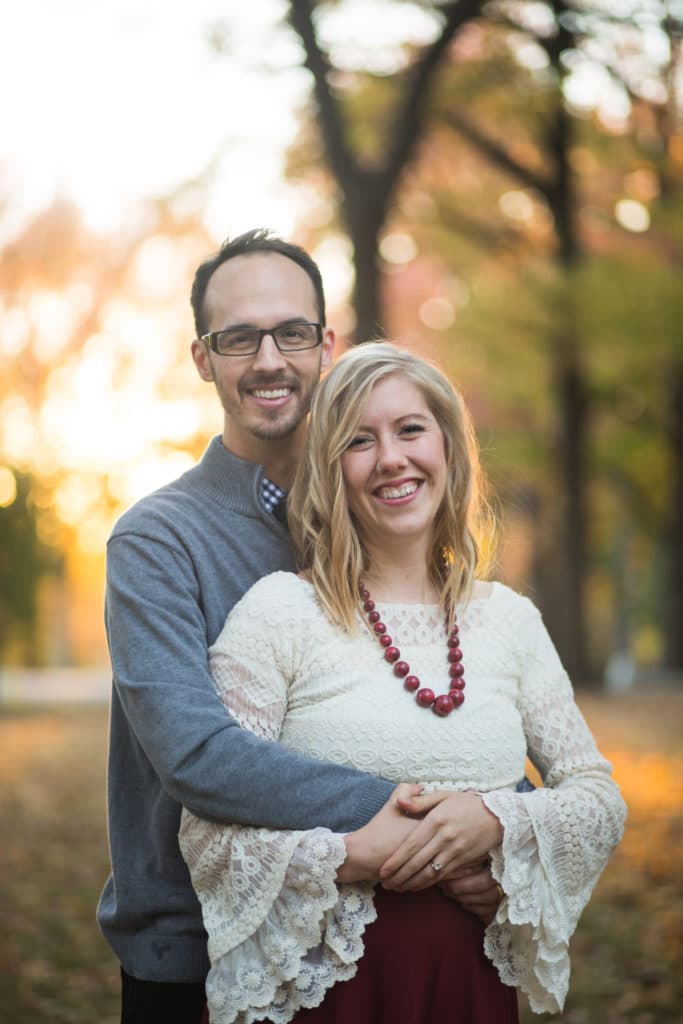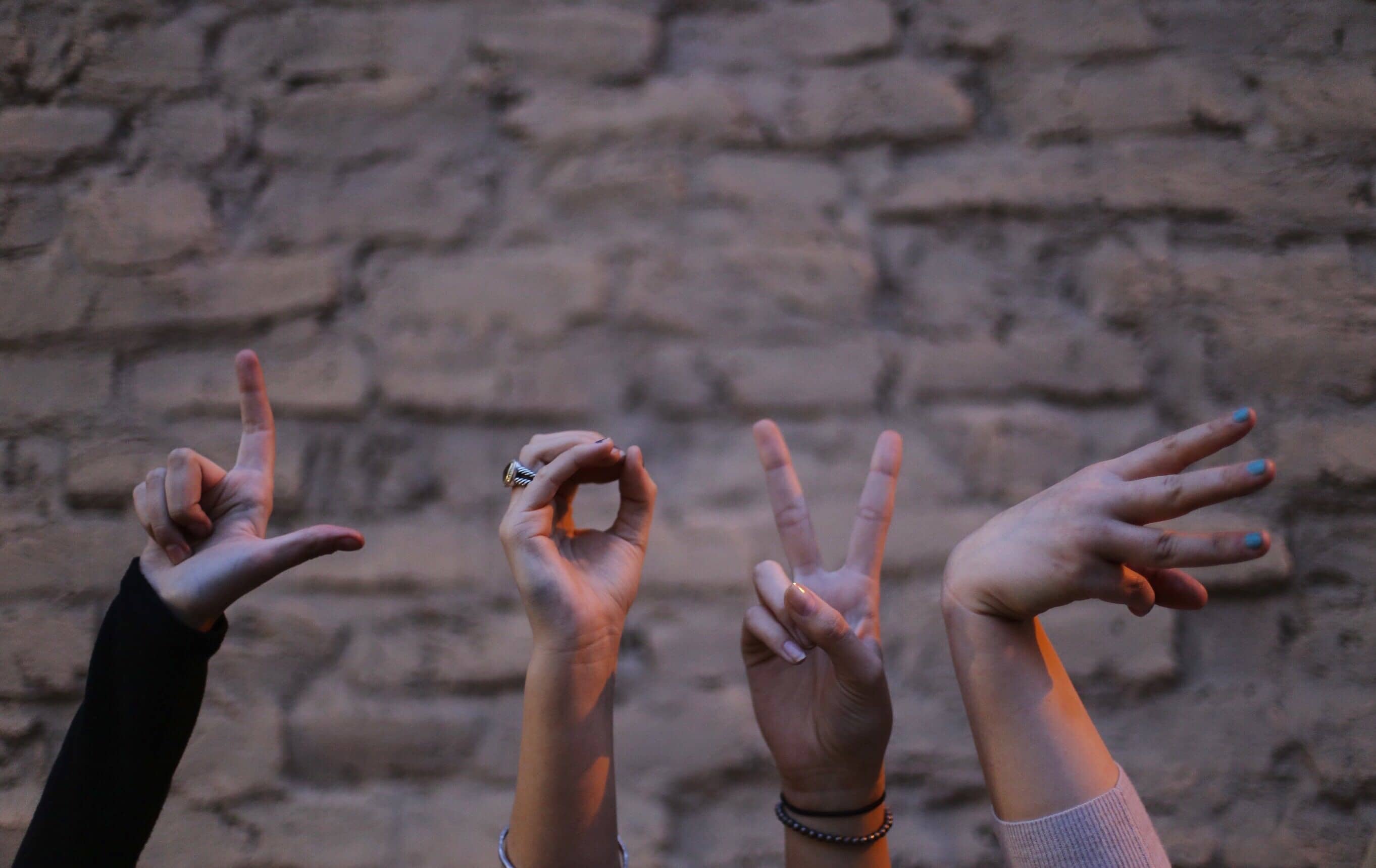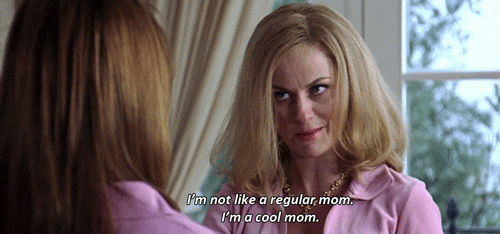The other night my family was sitting at dinner in one of our favorite restaurants and while my kids entertained each other, me and my husband got to enjoy this really amazing conversation where the love and emotional connection were overflowing.
“I really love you, I really love this feeling of emotional connection. I’ve longed for it so much over the years and I just wanted to tell you that I really love it.”
He looked at me and smiled. We both felt it. We BOTH made the choices to show up to this point.

You see this past fall we got so close to getting a divorce that I was actually looking at rentals to move into. Things were bad.
Years of emotional disconnection and desires left unmet had us both drained and frustrated. The crux of this disfunction came this summer as I discovered some hurtful choices he had made and I felt like “what am I even fighting for?”
I can remember so many times feeling so lonely but moving forward because I love my husband so much and I was willing to be patient in his processes.
This was the last straw though, and it felt like a slap in the face. I felt like I had been duped.
I looked at him after the news came out and just said “if it were not for the kids, you would not be in this house right now.”
That is when he says it hit him. He realized I was serious and he should be too. That is when he made the choice to show up.

Fast forward to now – our lovely moment in the restaurant. How did we make it? What’s the one piece of advice I can give you to save any marriage? What did I do to fix it?
I have no advice. I have no fixes. I don’t know how we made it – or what our future looks like.
I’m lucky. The timing and effort put forth worked out for us.
To pretend like we succeeded for any other reason really points to a huge problem with the way we view marriage and love in our society.
You see we talk so much about “failed marriages.” What an odd combination of adjective to noun.
As if a marriage that ends in divorce it has failed. BLACK AND WHITE. FAILED OR SUCCEEDED.
My value in this relationship, my personhood is subjected to failure or success. That’s pretty messed up when you think about it.
Subjecting a relationship to failure or success strips a relationship of the fact that it is made up of two beautifully emotional people with beautiful cognitive ability and choices. It implies that if a marriage ends in divorce there is nothing to be had from it.
It’s bred in a society of soul mates and love at first sight. As if we can possibly know the future. Yes you may know you love someone, maybe even right away but who knows if that person will change or if you will both make the choices to show up when necessary. Who can truly predict their own personal growth trajectory led alone another person’s. When we put so much pressure in predicting the future at the beginning of a relationship then it’s no wonder we feel like we have failed if it doesn’t turn out how we thought.

When we think in terms of divorce or ended relationships as a failure, it takes away so much. What about the value in self growth and self identity? After all isn’t part of the real beauty in a relationship that we are two individuals and we make the choice to love, the choice to be present. Is it not beautiful when a person grows, even if that growth is rejected by their partner?
If you are in a marriage that ends in divorce you are “failed” even if you showed up emotionally and your partner decided they did not want to. You are “failed” even if your partner leaves you and decides alone that they don’t want to be with you. You are “failed” even if the process of leaving your abusive partner was empowering and a sign to you of your true strength. The list could go on.
Subjecting a relationship to failure or success strips a relationship of the fact that it is made up of two beautifully emotional people with beautiful cognitive ability and choices.
What is lost when we put the outcome of the relationship over the experience of the journey? Can you even consider it a failure when we have tried to love in the first place. What a brave and wonderful thing to pursue. Don’t we hold the act of loving and pursing love in higher regards than that?
At some point love was exchanged most likely, and that should not be completely lost because the relationship is over. Yes, it is possible that the love existed because you where broken and felt comfortable in a dysfunctional relationship; it’s also possible for people to change and for the connection to be lost over time. However, rejecting the love you once had because it is gone, or because it was bred in a place of disfunction serves as a real way of rejecting your past self.
You do not have to agree with the choices you made to appreciate the process you needed to take or the person you used to be. This is one of the most complex ideas in self love to grasp and honestly I am still trying to navigate it, but I am guaranteeing you that if you throw the emotional baby out with the bath water here there is something truly lost. When the relationship is about the success or failure it opens the door for my partner to stay with me solely because they want to avoid the idea of failure. This makes the relationship status about ego over a genuine loving of another person. If someone only shows up when faced with failure then that doesn’t really lead to lasting happiness or lasting love.
When the relationship is about the success or failure it opens the door for my partner to stay with me solely because they want to avoid the idea of failure. This makes the relationship status about ego over a genuine loving of another person. If someone only shows up when faced with failure then that doesn’t really lead to lasting happiness or lasting love.
It creates a type of minimal maintenance love. It creates an environment of appeasement and no one wants to just be appeased.
The reality is that relationships are full of failures and successes. Failures do not equal the end though. Failure is just a place where we missed the opportunity to love fully and well. We can either show up in this place or not, but the reality is that this choice has to be made by both people and has to be warranted by a healthy relationship environment. There are so many factors that go into the choice to move forward through each and every obstacle. If you are fortunate enough to have a partner with whom you can safely make the choice to move forward each time and they do too, then you are truly blessed. Not everyone has this and we have got to start making space for that in our community so that people feel free to be loved because they truly deserve it.
In a healthy heart the journey is more valuable than the destination. If we can truly strip this idea of success or failure from our mindsets and our language I think we have the power to free ourselves and those around us from loveless relationships and really open up to lasting love that is real and genuine. No one deserves to feel guilt or like a failure if they come from a relationship that ended, because they have tried to love and have undoubtedly learned to love themselves in the process.








